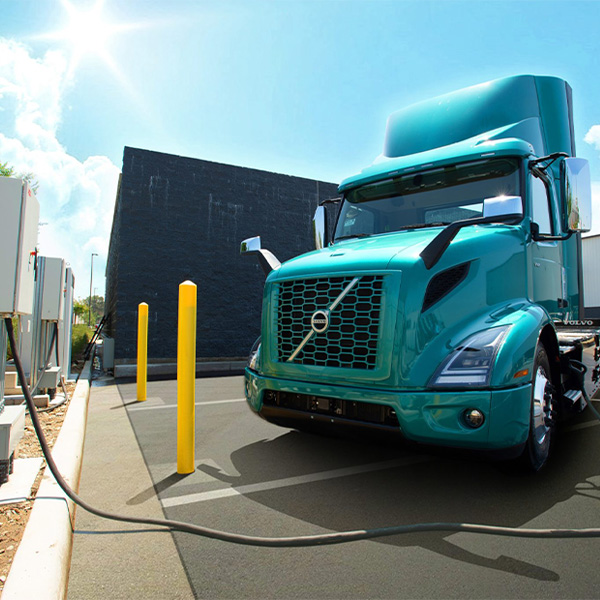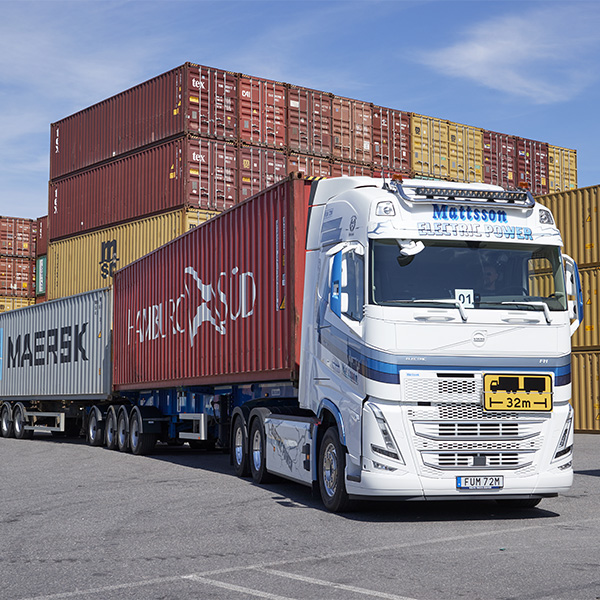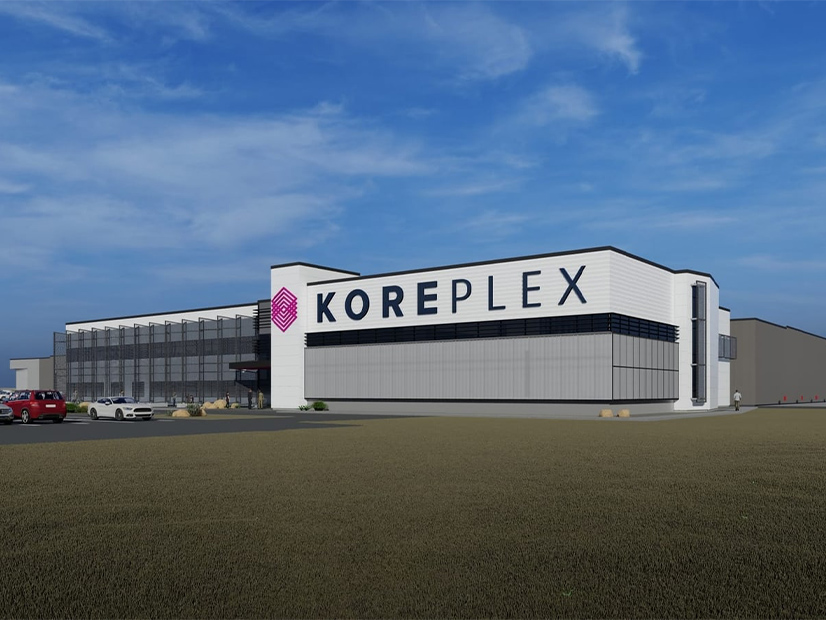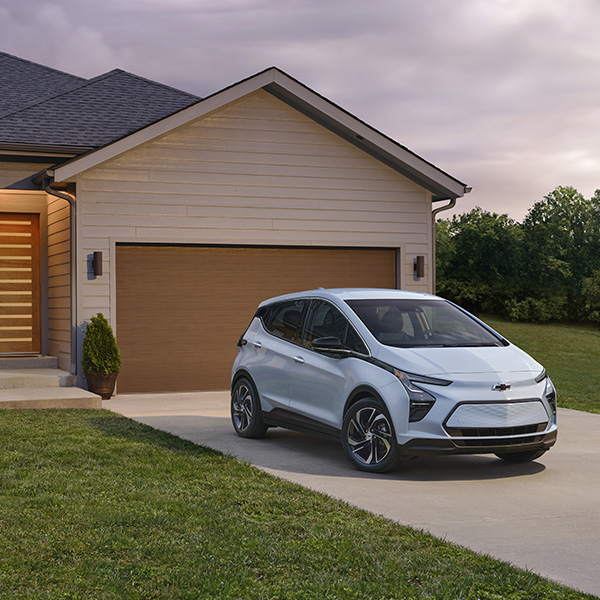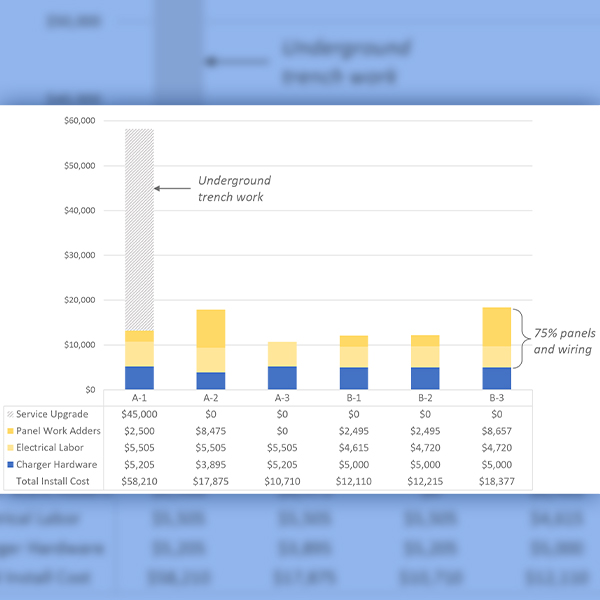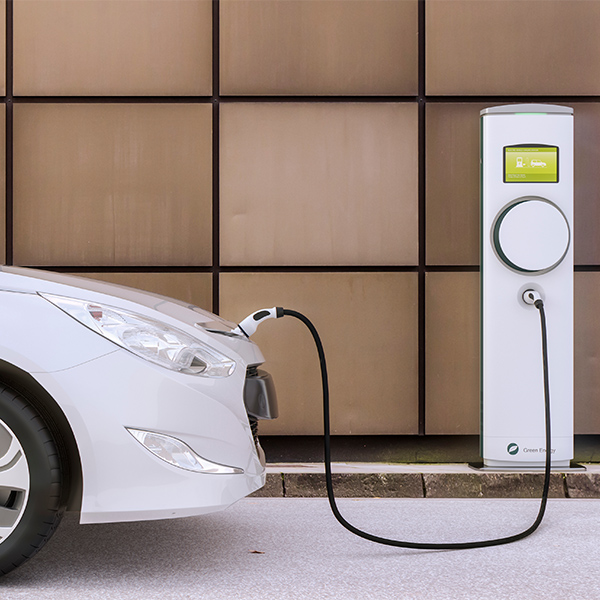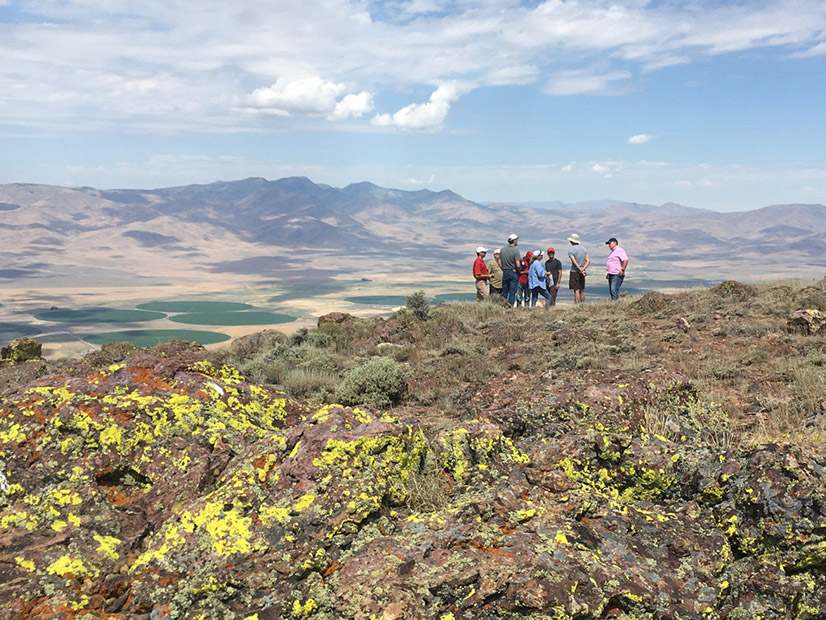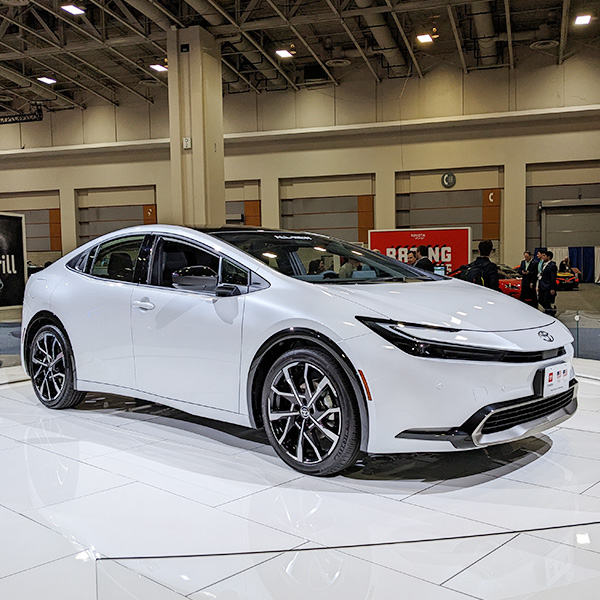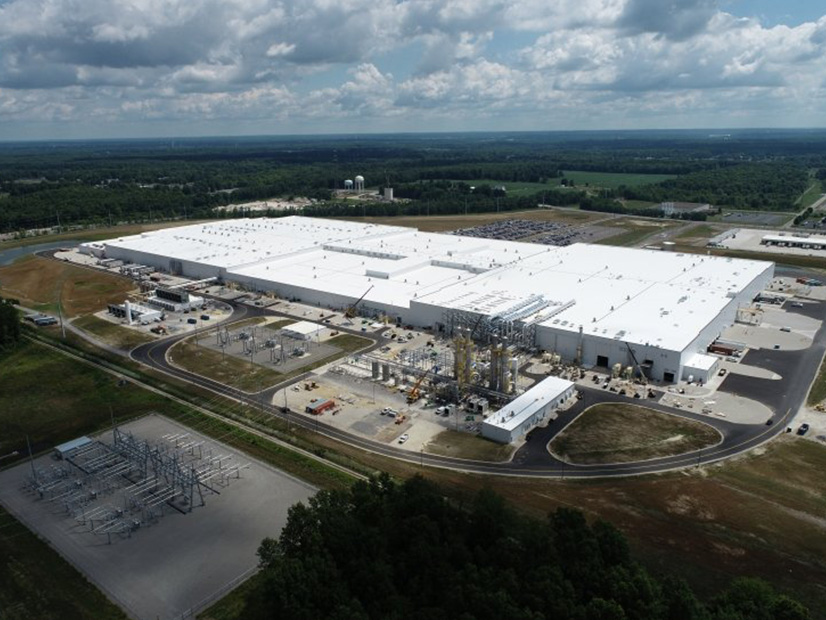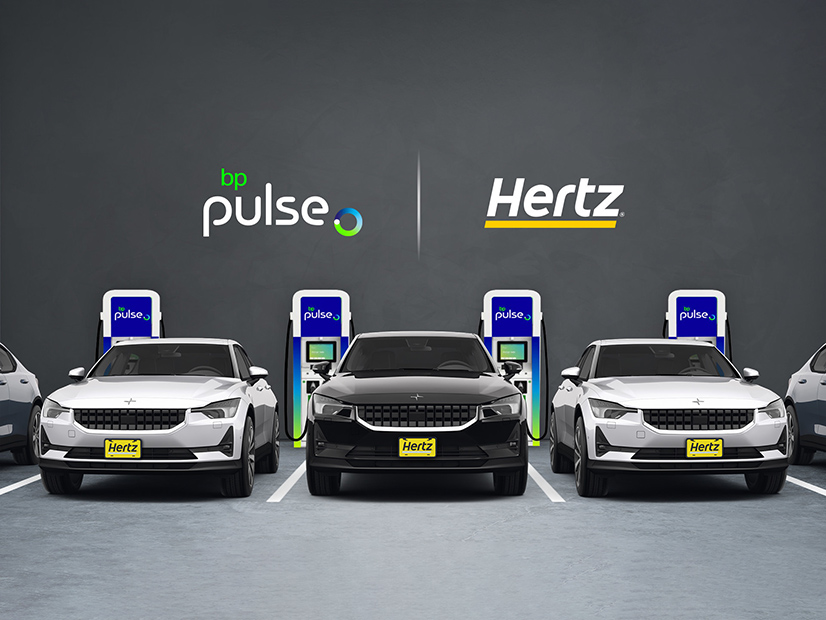General Motors (GM)
California, Oregon and Washington have jointly applied for federal grant money to build a public charging network for electric trucks across the three states.
As a court battle heats up over California’s zero-emission truck regulations, a group of manufacturers have committed to follow the rules even if they’re overturned.
DOE conditionally approved an $850 million loan for KORE Power's battery cell plant under construction in Arizona, which will power up to 28,000 EVs annually.
The Treasury Department's revised list of EVs qualifying for federal tax credits provided mixed news for U.S. and foreign automakers and prospective buyers.
Interest is growing in bidirectional charging from vehicle batteries, but utilities and homeowners have different perspectives on the technology.
The FHWA announced key details of its effort to create a national EV charging network, including minimum standards and a plan for domestic content requirements.
GM plans to invest $650 million in a proposed lithium mine in northern Nevada — funding that depends on the resolution of a lawsuit filed by environmentalists.
While EVs are on the floor they are by no means the main attraction, and much uncertainty remains about how fast automakers can build out their supply chains.
The DOE is providing the loan to help finance construction of new lithium-ion battery manufacturing plants in Michigan, Ohio and Tennessee.
Hertz and BP will collaborate on a network of charging stations for EVs rented by Hertz, which expects to electrify a quarter of its fleet by the end of 2024.
Want more? Advanced Search
